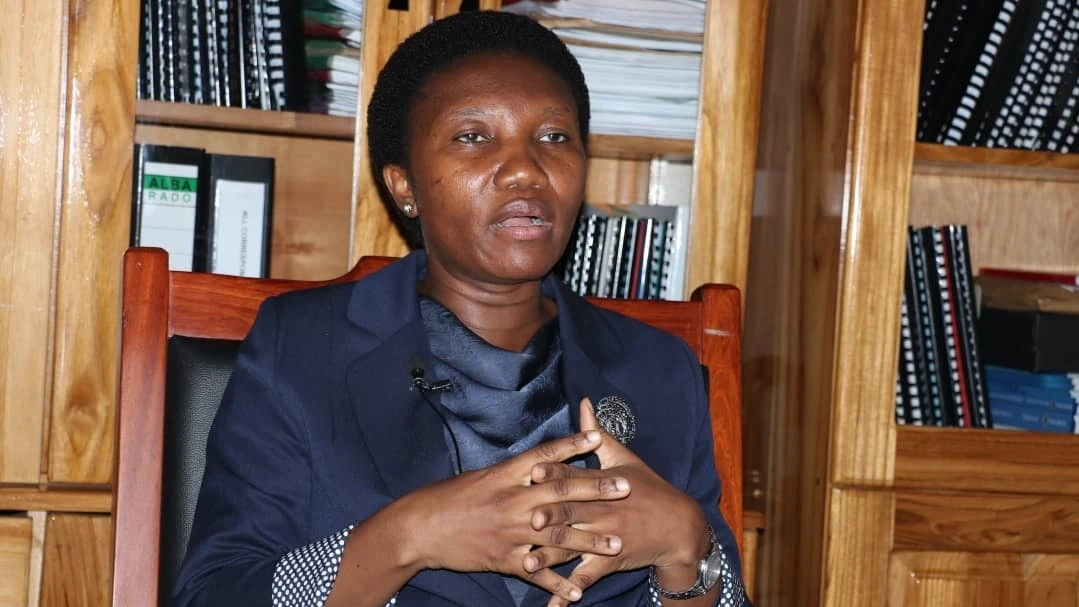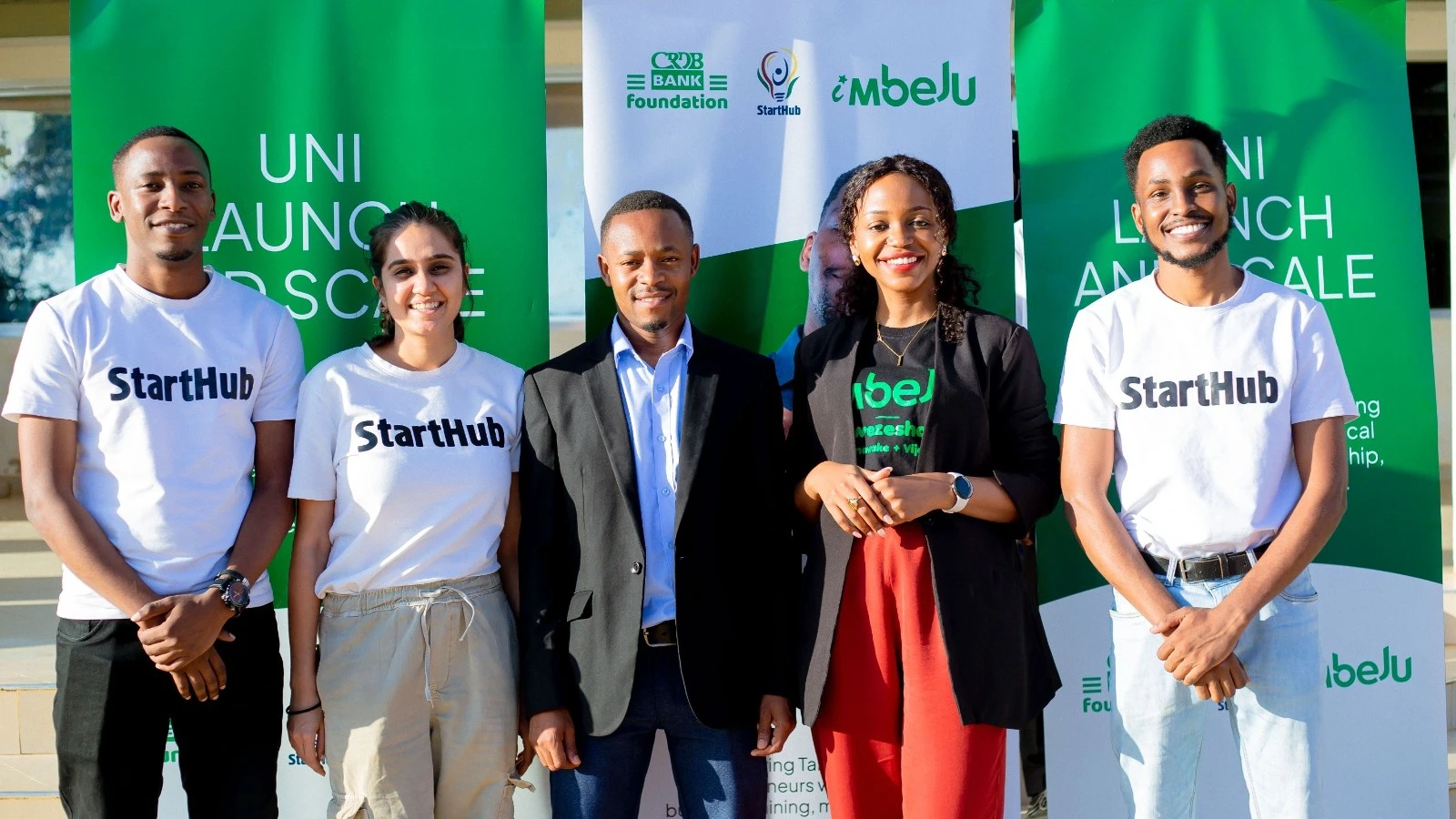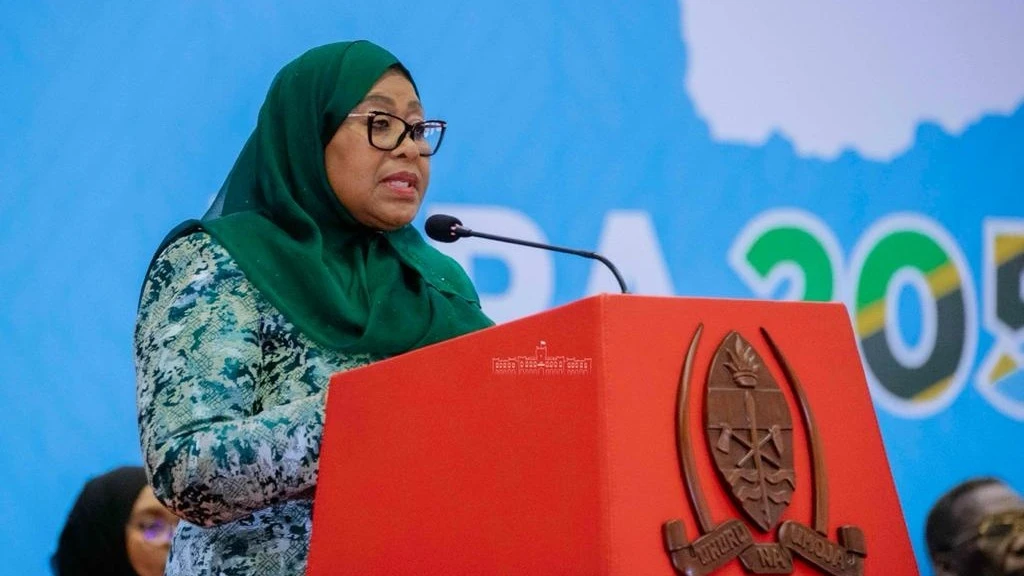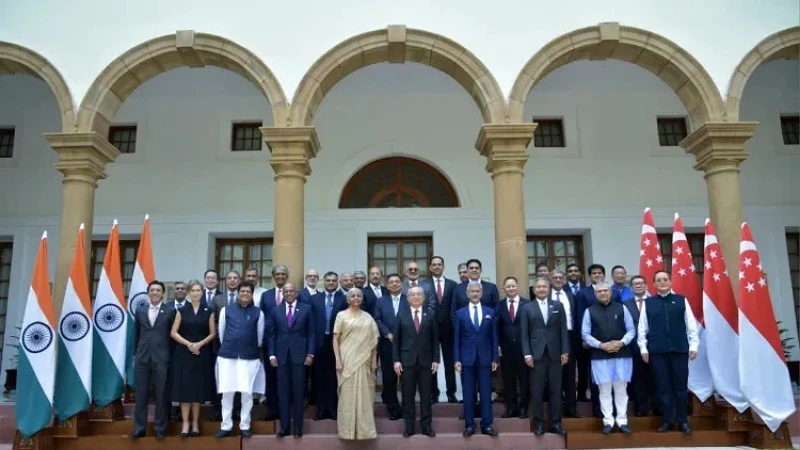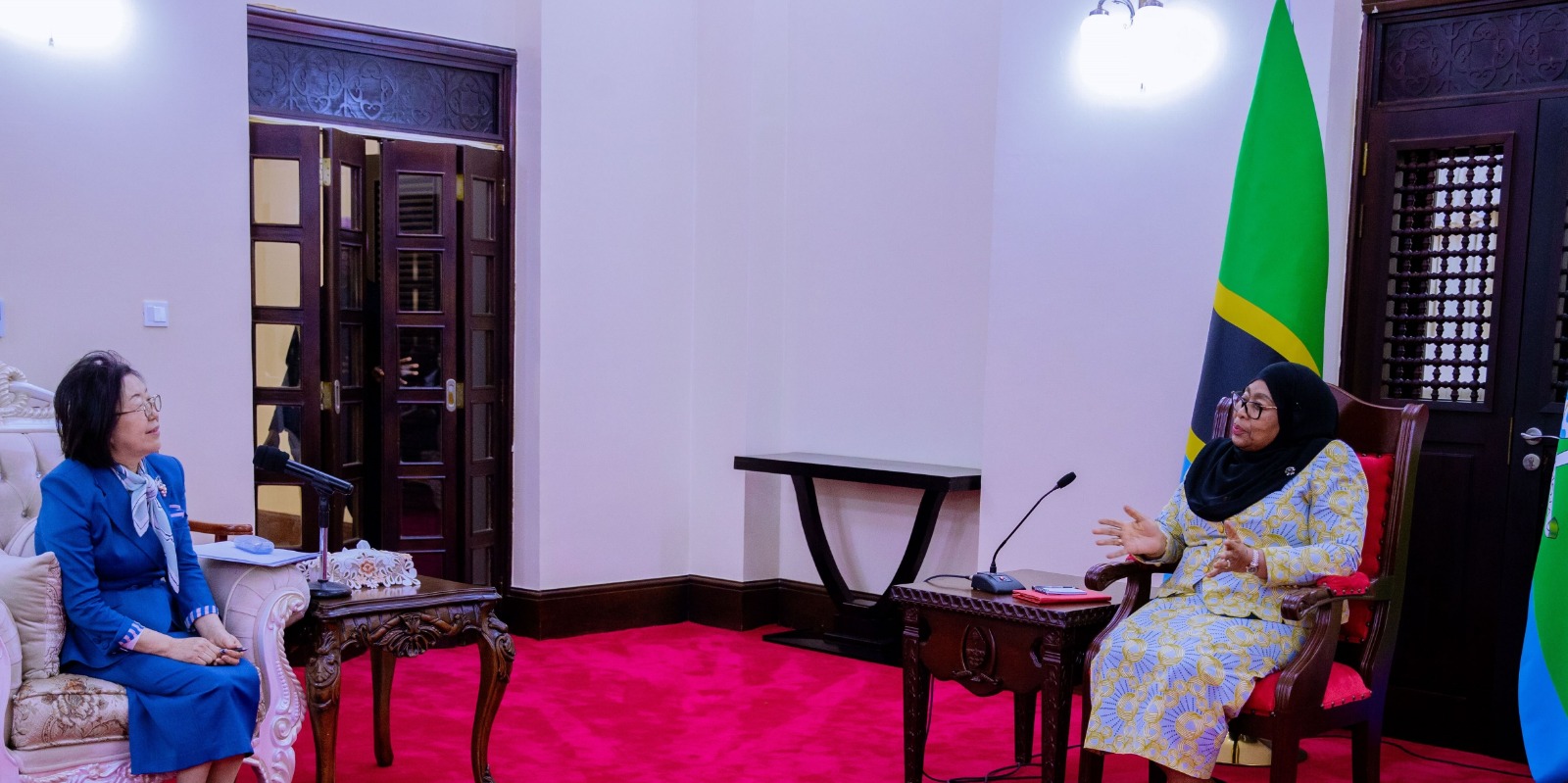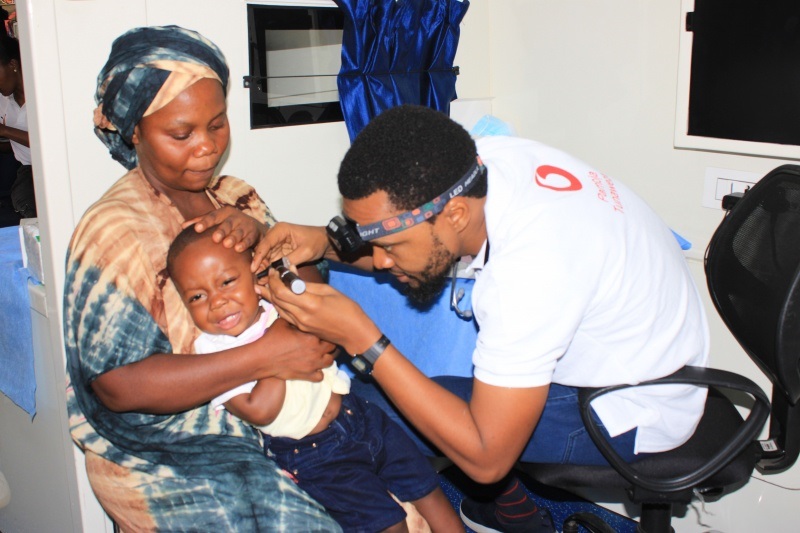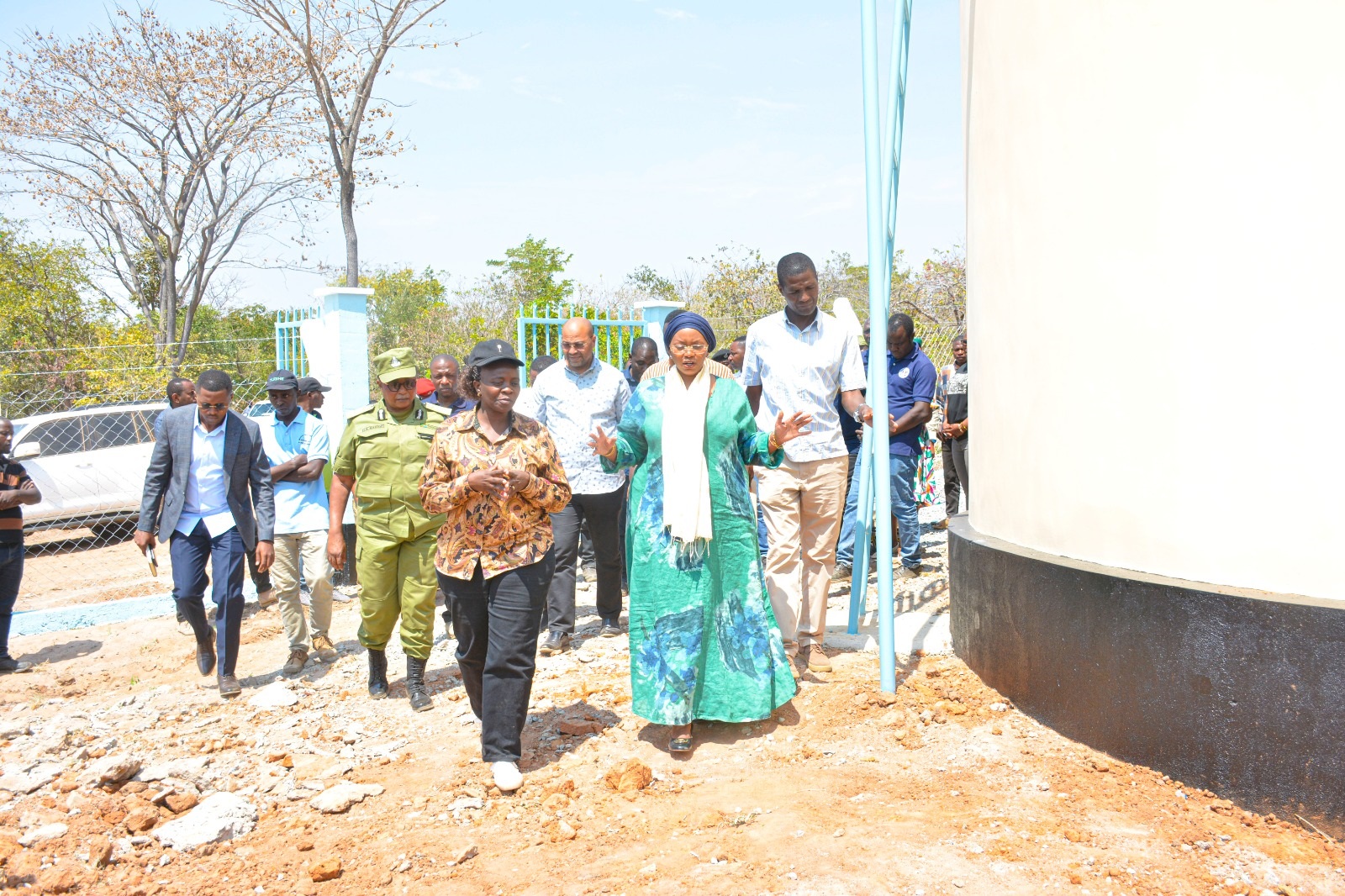New digital tool speeds up paediatric diagnosis

MORE than 300,000 pediatric consultations in Tanzania and Rwanda have already been supported by medAL-suite, a digital diagnostic tool that cuts manual diagnosis time, while showing a marked reduction in unnecessary antibiotic use and improved treatment accuracy.
Ibrahim Mtebene, a Tanzanian researcher involved in the initiative created by local and foreign scientists at the Ifakara Health Institute (IHI) and two Swiss medical research institutions, says that it supports decision-making without replacing clinical judgment.
The system has also been successfully piloted in Kenya, Senegal and India—demonstrating its flexibility across different healthcare environments, he said, underlining that “medAL-suite brings digital care pathways to the frontlines—efficiently and transparently.”
“Unlike many health tech solutions that struggle in resource-constrained environments, medAL-suite was built specifically for them. It runs on affordable Android tablets, works entirely offline, and consumes minimal power—making it ideal for clinics with limited infrastructure,” he said in a write up along with other researchers at a recent briefing.
As an open-source platform, medAL-suite comes with no software licensing fees, allowing health authorities at all levels, NGOs and public health partners to adopt it sustainably and at the right scale, he said.
Looking ahead, the medAL-suite team is working to integrate the platform with national electronic health record systems to streamline patient data and care continuity, IHI participants noted, affirming that ambition on this initiative goes further.
The scientists are working to build a global ecosystem of interoperable digital health tools that evolve with the latest medical evidence, ensuring high-quality, and standardized care for all—regardless of geography or resources.
Dr Sabine Renggli of Swiss Tropical and Public Health Institute (Swiss TPH) said that the research team believes that this is a turning point. “With medAL-suite, we’re not just digitizing healthcare—we’re democratizing it.”
This is the aftermath of health specialists from Tanzania, Rwanda and Switzerland having developed a digital tool for clinical diagnosis that is changing the work of clinicians in low-resource settings.
Dr Alix Miauton, a Swiss medical researcher with the Ifakara Health Institute (IHI) in Morogoro Region, worked on the innovation along with IHI researchers and colleagues from the University of Basel in Switzerland as well as the Swiss Tropical and Public Health Institute (Swiss TPH).
She says in a recent profiling of the new innovation that MedAL-suite is a powerful new clinical decision support software that is quietly reshaping healthcare delivery across the Global South, for instance in a small health center in rural Tanzania.
There, a nurse sees a sick child with fever, cough and fatigue, but instead of flipping through a bulky paper manual or relying on memory, she taps through a touchscreen app that guides her—step by step—through diagnosis and treatment, she explained.
The medal tool marks a significant digital leap for healthcare providers, as unlike traditional systems it empowers clinicians—not just programmers—to design and deploy complex diagnostic algorithms without writing any code, she elaborated.
“This tool puts the power directly into the hands of those who know patients best,” the lead researcher affirmed, noting that in many low-resource healthcare systems, the knowledge to treat diseases exists—but it’s not always applied effectively.
Clinical guidelines are often long, underused or impractical—especially when patients present multiple symptoms that require integrating several protocols at once.
The result? Misdiagnoses, unnecessary prescriptions and missed opportunities for timely care, the specialist indicated, asserting that medAL-suite addresses this gap as it transforms complicated, paper-based guidelines into intuitive, digital workflows that guide clinicians in real time during patient consultations.
Traditionally, turning clinical guidelines into digital decision tools required months of coding by IT experts—often from abroad. The process was expensive, time-consuming and often disconnected from on-the-ground needs, she further noted
“With its medAL-creator interface, trained clinicians can drag and drop logic blocks to build or update diagnostic algorithms themselves. These workflows are then deployed via medAL-reader, a tablet-based application used during patient visits to ensure accurate, evidence-based care,” she explained
The suite also includes medAL-data for monitoring performance and usage, a medAL-hub which allows managers to coordinate implementations across multiple facilities, she added.
Top Headlines
© 2025 IPPMEDIA.COM. ALL RIGHTS RESERVED








